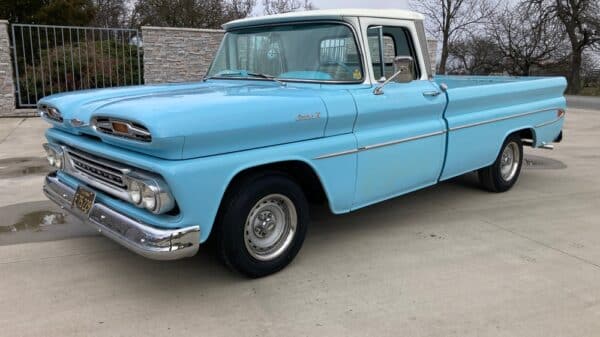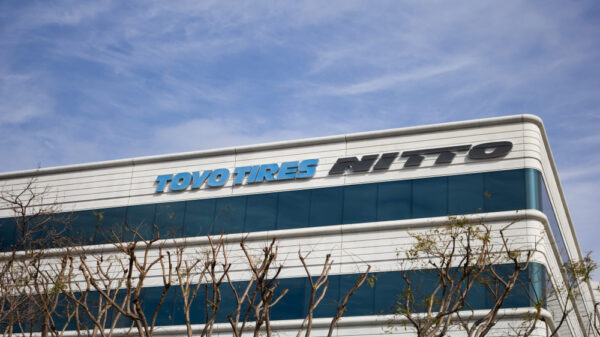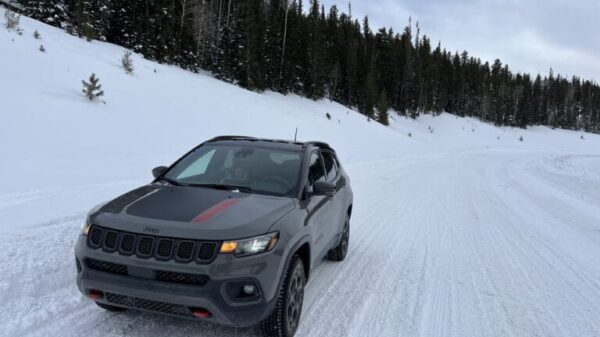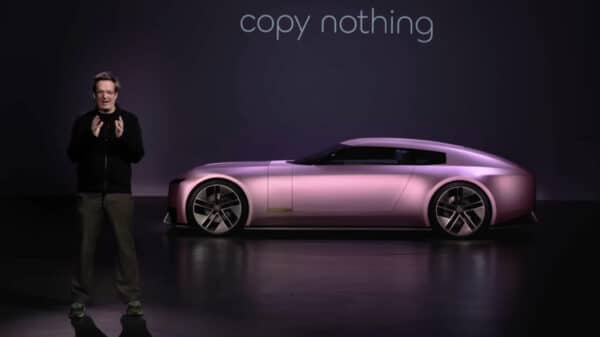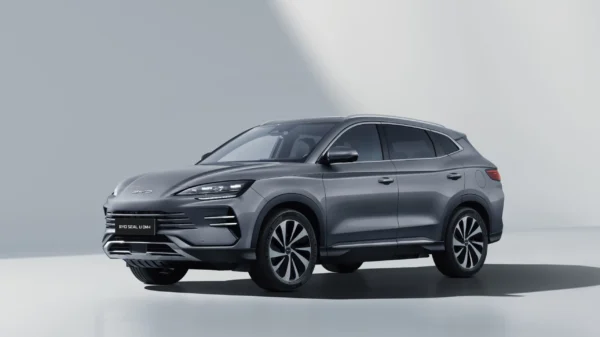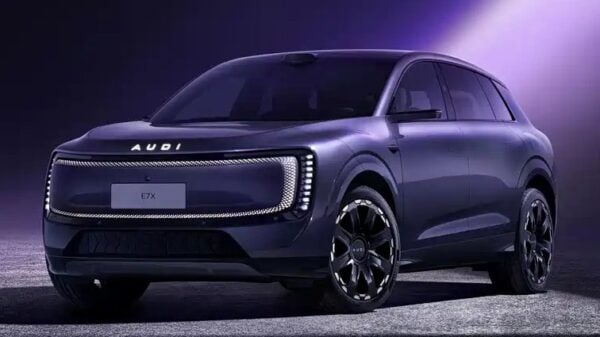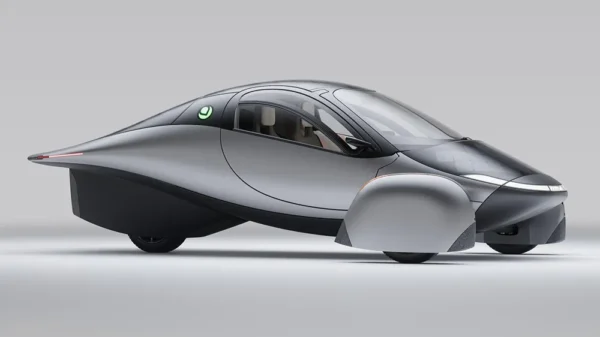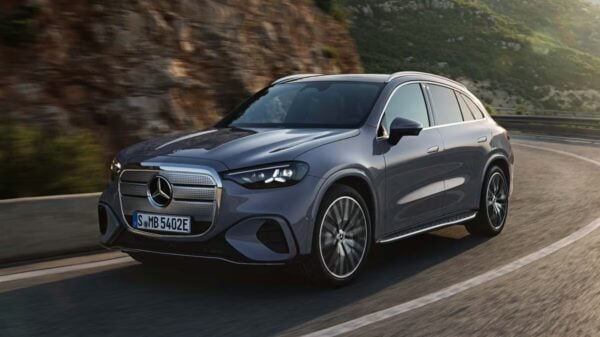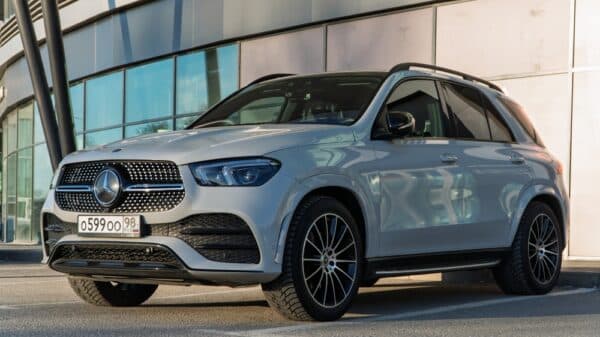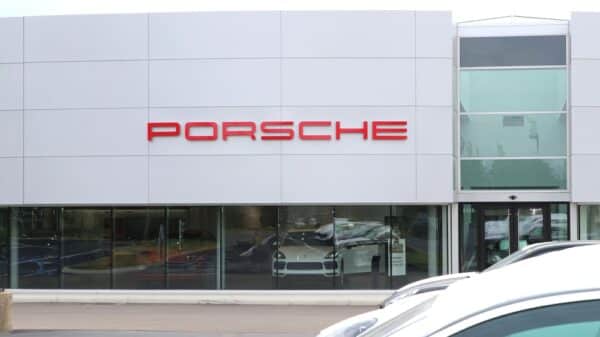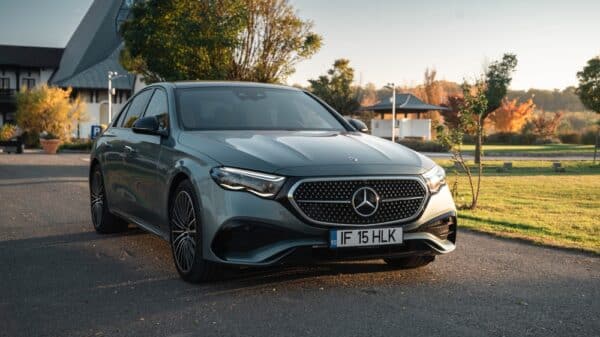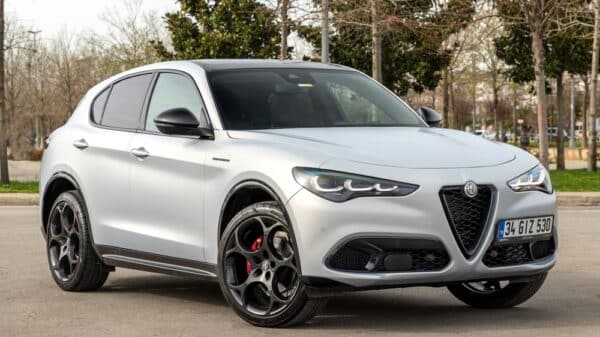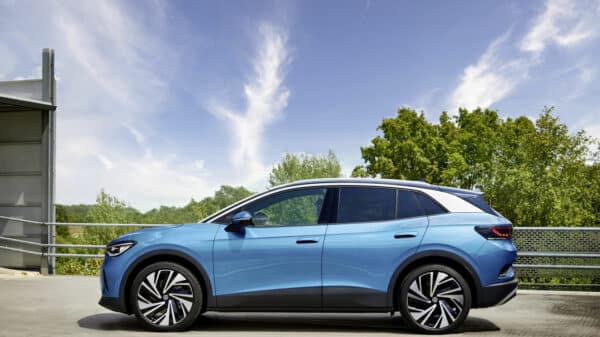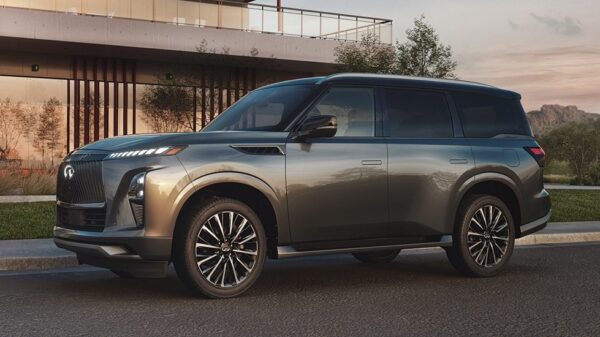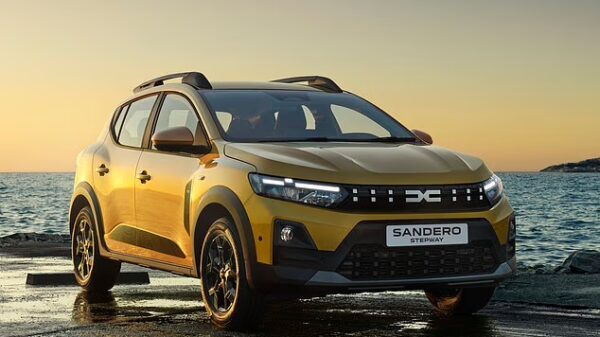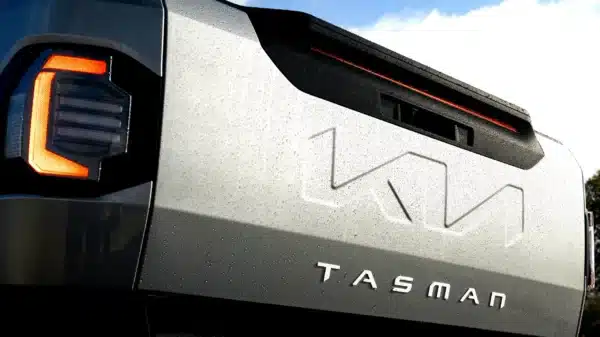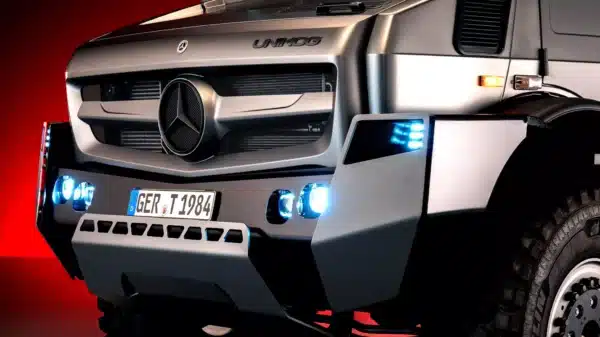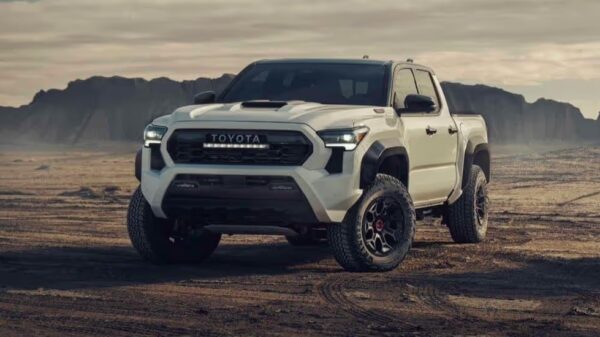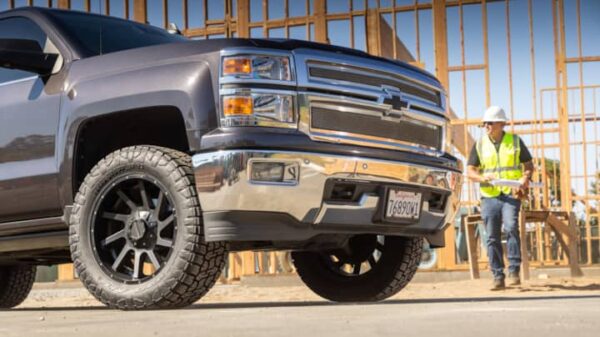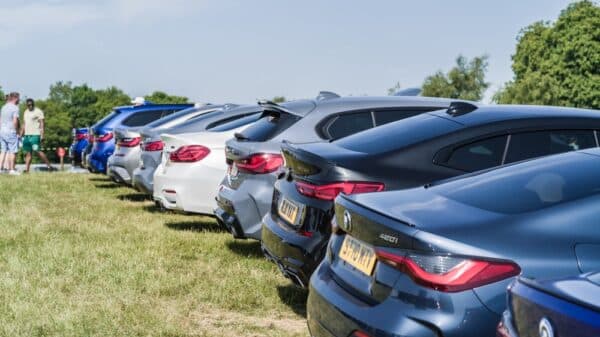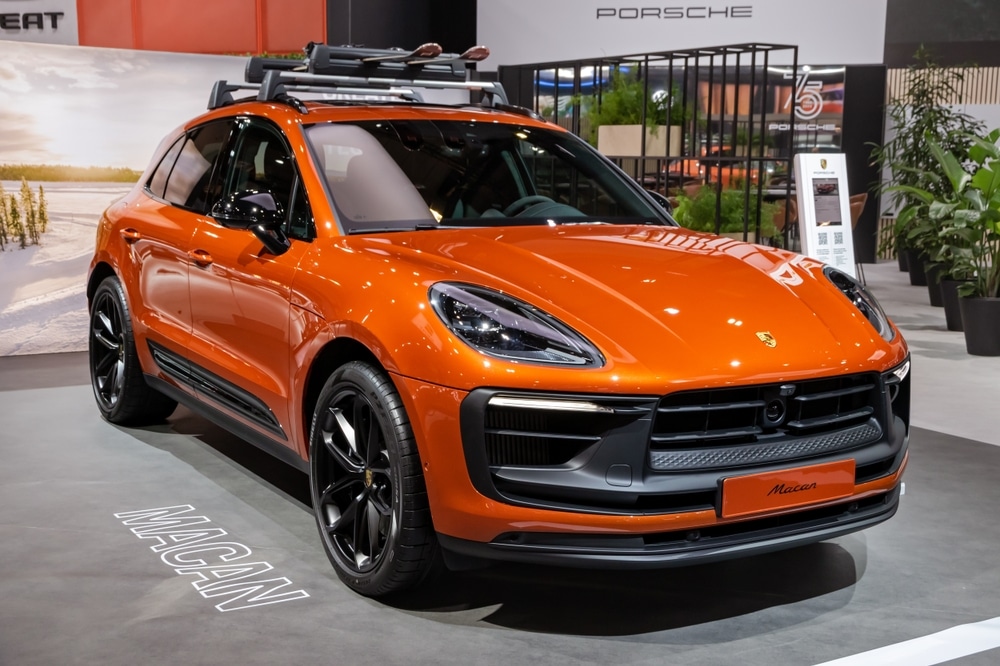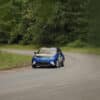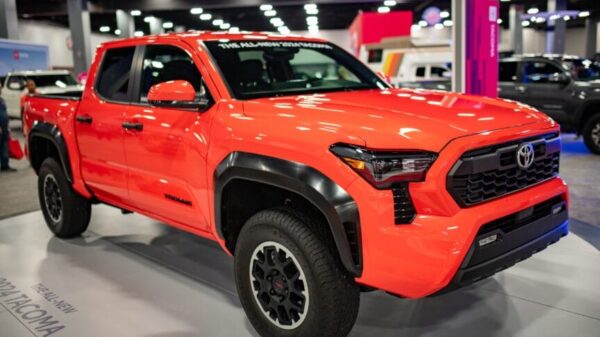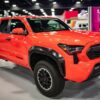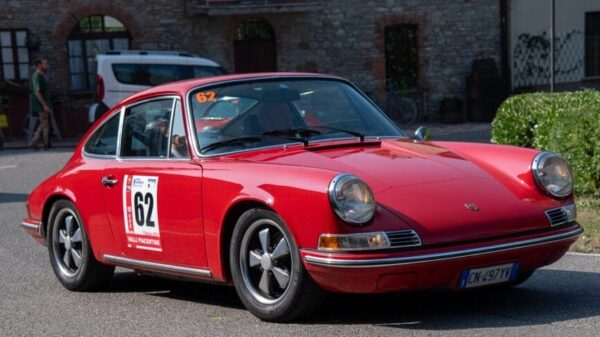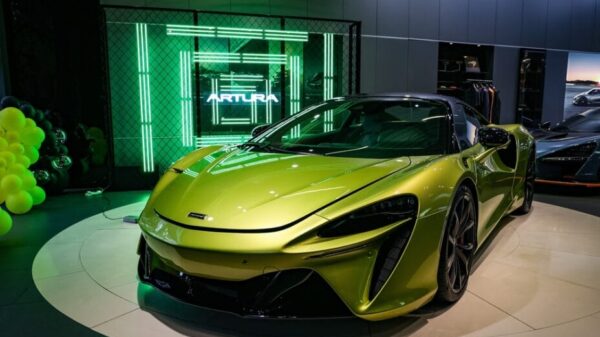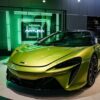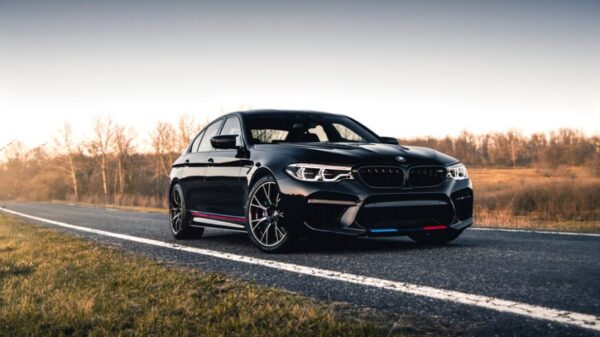Porsche, a name synonymous with high-performance sports cars and iconic automotive craftsmanship, is making moves that many enthusiasts, industry insiders, and everyday drivers should pay attention to. In a fascinating turn of events, the automaker recently shared plans to continue offering gas and hybrid powertrains across all its vehicle segments, well into the next decade. This marks a significant pivot for Porsche, especially after initially committing to a lofty goal of transitioning 80% of their sales to electric vehicles by 2030.
As you might know, the electric vehicle (EV) market has experienced some volatility in consumer demand over the past year, prompting Porsche to reassess its strategy. It’s not just about jumping on the electric bandwagon; it’s about understanding consumer needs and responses. This nuanced perspective reflects their commitment to offering a blend of options to cater to a diverse range of preferences.
Looking specifically at the Macan segment, Porsche is actively evaluating a new SUV that will feature both gas and hybrid powertrains. It’s exciting—and perhaps a little reassuring—to hear that the brand isn’t fully abandoning its roots, especially as it pertains to the versatility the Macan line has always promised. While the electric Macan has started making waves with impressive deliveries, this new hybrid endeavor could deliver the best of both worlds for fans who appreciate the thrill of a gas engine as well as the efficiency of hybrids.
It’s worth noting that, while current gas-powered Macan models will not receive further updates, this segues into the future of the model line. Set to end production in 2026, these vehicles will make way for an electric variant that’s already gearing up to capture the attention of tech-savvy drivers. Porsche remains committed to evolving its lineup thoughtfully. The company is leaving the door open for a brand-new SUV designed for the Macan segment with gas and hybrid options, targeted for launch toward the end of the decade. This balance between innovation and tradition can be appealing for buyers who might not feel ready to fully transition to electric but still want an engaging driving experience.
Interestingly, speculation suggests that this new vehicle could be developed based on a version of the Volkswagen Group’s Premium Platform Combustion (PPC), the same underpinnings that support the latest Audi Q5. The original Macan shared platform elements with the Q5 when it debuted, so in a way, this feels like a familiar path for Porsche.
When it comes to overall performance, last year saw the electric Macan, despite its youth, achieve a notable milestone with 18,278 units delivered by the end of 2024, while the gas-powered variant saw total deliveries of 64,517 units. The combined total of 82,795 units does reflect a 5% decline from the previous year—but it hints at a shift rather than a simple downward trend. As purchasing decisions evolve in this fast-paced automotive landscape, it’s fascinating to witness how Porsche is adapting.
As for their sports car segment, there are confirmed plans for the next-generation 718 to be fully electric, but details on potential gas and hybrid options remain murky. For many enthusiasts, the future of the legendary 911 could become even more crucial in maintaining a connection to the traditional Porsche driving experience as the current gas-powered 718 eventually steps aside.
In a world that’s rapidly moving towards electrification, it’s refreshing to see Porsche embracing a more varied approach that acknowledges the diverse preferences of its customers. Whether you’re excited about going green or simply love the feel of a gas-powered engine, Porsche seems to be steering its course with both expertise and foresight. After all, finding that sweet spot between innovation, heritage, and future-readiness is what keeps the engine of enthusiasm roaring—no matter what powers it.
Image Source: VanderWolf Images / Shutterstock


